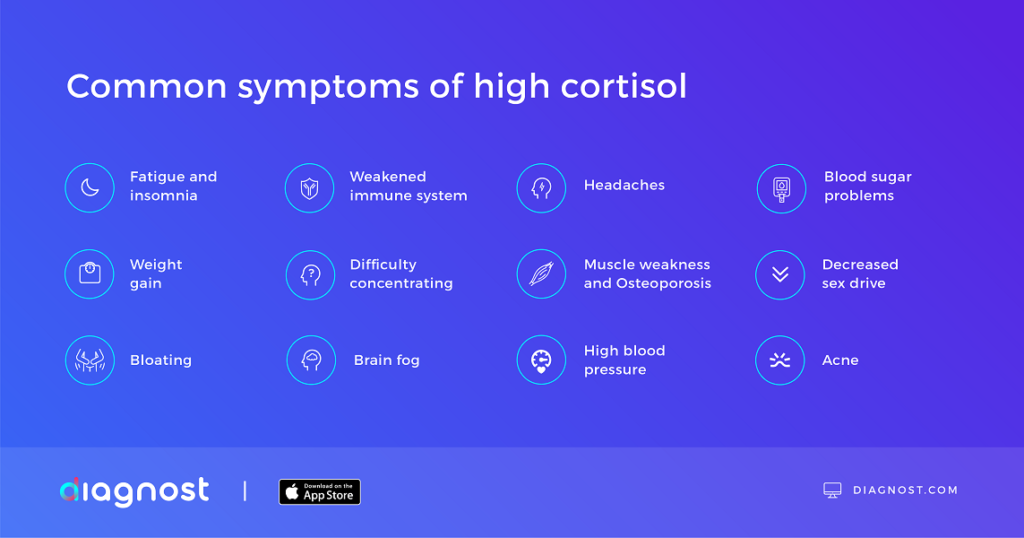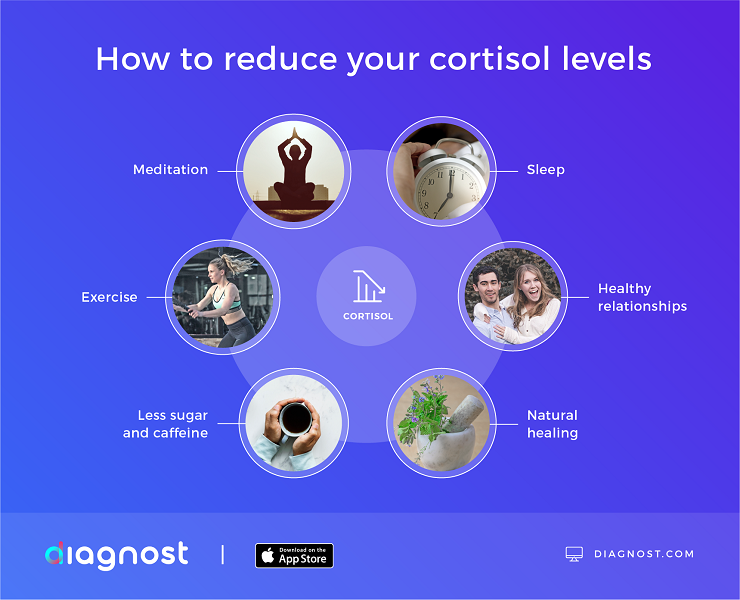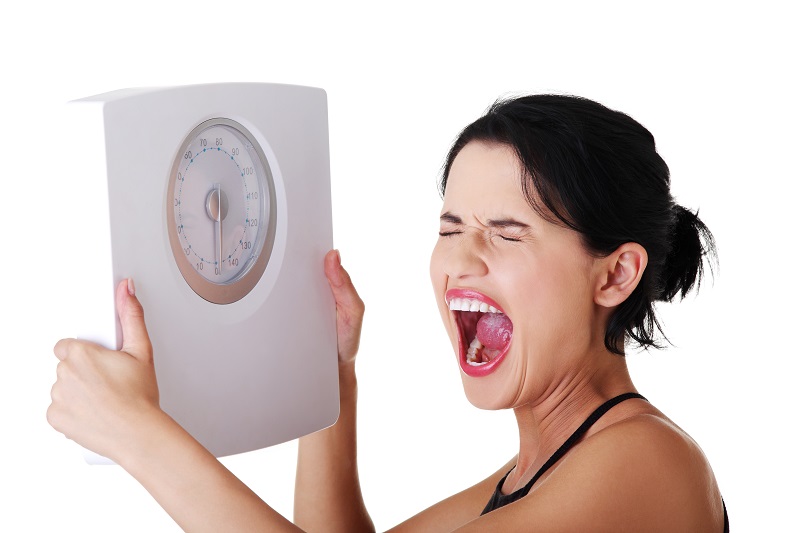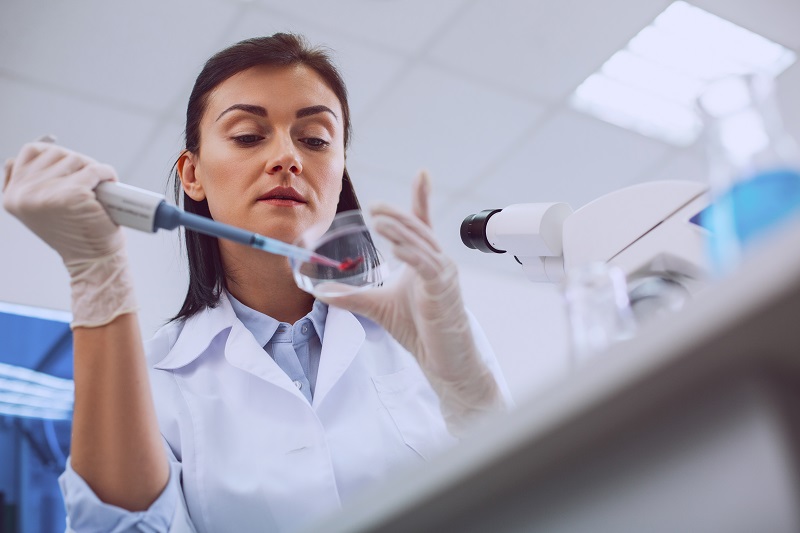Do you know how to slowly kill a man? Deny him sex. Recent studies show that a low frequency of sexual intercourse leads to a high rate of cardiovascular disease, resulting in higher mortality rates amongst men.
Sex, making love, call it what you will. The majority of people rate physical intimacy as the most enjoyable social activity (no surprise there), yet we spend the least amount of time doing it. Many couples with relationship problems often neglect to talk about their sex lives unless specifically asked. Often people consider it okay, but when probed further, there are significant issues such as frustrations and dissatisfaction when it comes to sex, intimacy and other essential human needs.
Not many people know this, but testosterone influences sexual desire and not only erectile function. We all have plenty of erotic fantasies when we’re young, imagining ourselves intimately engaged with the subject of our desire, but these fancies can become less and less frequent as we get older. If you rarely or no longer have these thoughts in your head, most likely you’ve developed a deficit of one or more of the major hormones responsible – testosterone, dehydroepiandrosterone (DHEA), oxytocin, or melanocyte-stimulating hormones (MSH).
There are other factors accountable for men going from fantasy to sexual arousal. Studies have shown that an increase in male sexual desire is not influenced exclusively by testosterone, but possibly even more so by its direct metabolite oestradiol. In line with this, it has been demonstrated that libido decrease is associated with low levels of testosterone and testosterone derived oestradiol in the brain, and too low a level of oxytocin (which increases the pleasure derived from orgasm in men) and MSH. Recent findings from Baylor College of Medicine and Baylor St. Luke’s Medical Center in Houston, Texas, showed that a year of testosterone therapy significantly improved libido in 275 men (average age 72) with confirmed low testosterone. Frequency of sexual arousal increased by about 50%, and they were able to have almost twice as many erections. In contrast, the control group (which received a placebo) did not show any improvement at all.
Not feeling amorous?

Sexual insensitivity is the male’s counterpart to female frigidity and may be caused by a lack of androgen receptors on the surface of genital areas. This results from a certain degree of testosterone, dihydrotestosterone (DHT) and growth hormone (GH) deficiencies. So, if you or your partner feel the spice and excitement in your sex life isn’t exactly turned up to eleven, it could be time to visit a doctor who prescribes transdermal testosterone gel. Or, if you are ‘on the market’ as they say and you would like to win a girl’s heart (and body), I suggest checking and optimising your levels of testosterone, DHEA and oestradiol, because pheromones, which make you so attractive to the opposite sex, derive from these three hormones.
The impact of stress
Although often precipitated by other issues such as pressure at work, finances, and general day-to-day stress, relationship issues are usually a significant contributor to stress-related physical and mental health problems and can perpetuate and often be the root cause of male sexual dysfunction. Most people underestimate the effects of stress on their psychological and physical health and almost always downplay the impact it has in the bedroom. It is often only the experience of sexual dysfunction that leads men to seek treatment.
People who have significant stress in their lives and who show signs of depression, anxiety, alcohol or other substance abuse, poor body fitness or a combination of all of these usually have an absent libido. Research shows that the use of serotonergic antidepressants to overcome this situation further exacerbates the condition as side effects can include low desire, difficulty in arousal, and a delayed or absent orgasm. Besides this, the excessive level of stress triggers increased cortisol, a well-known stress hormone. Prolonged raised cortisol levels suppress sex hormone production, which negatively affects all stages of the sexual response cycle, particularly libido.
Another side effect of constant stress is the desire to consume sweets. We share the common belief that a piece of chocolate is good to reduce our tension and at the same time it’s a remedy for sexual arousal. However, be careful when using this stimulation – chocolate isn’t good for you in high quantities, and certainly not regularly, because the sugar that it contains reduces testosterone, which is responsible for libido according to latest research studies.
A-Ten-Hut!
Having good erections is critical for all men because it’s not only a source of one of the significant pleasures in life, but also brings self-confidence and gives the feeling of “being a man”.
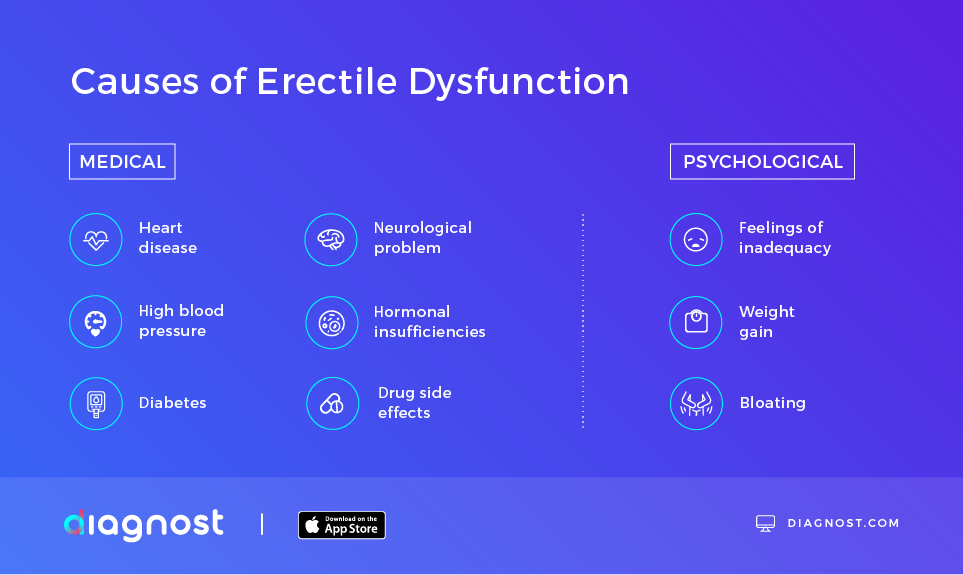
Erectile dysfunction (ED) is the inability to achieve and maintain an erection sufficient to permit satisfactory sexual intercourse. Medical causes of ED include heart disease, high blood pressure, diabetes, neurological problems, hormonal insufficiencies (hypogonadism) and drug side effects. Psychological issues can also result in erectile dysfunction, especially feelings of inadequacy and performance anxiety. Most cases of erectile dysfunction have vascular aetiology and accompany a known cardiovascular disease (CAD). The degree of ED correlates with the severity of CAD. Also, CAD and ED share the same risks of atherosclerosis and have common endothelial pathophysiology.
Factors that can cause erectile dysfunction:
- Ageing and associated increased Body Mass Index (BMI)
- Statin therapy
- Testosterone and DHT deficiencies
Male sexual dysfunction treatment
- Maintain hormonal balance – testosterone, Melanotan II, GH, DHEA, DHT, oxytocin
- Increase in testosterone will make Viagra more effective
- Inhibition of prolactin improves the ability to achieve an erection again after orgasm
If you are worried about erectile dysfunction, which affects half of all middle-aged and older men, you might want to try flavonoid-rich foods to lower your risk of ED. Harvard Medical School conducted a study of 50,000 middle-aged men and found that those who consumed at least three portions of flavonoid-rich foods per week were identified as having a 10% lower risk of suffering from ED.
Of the main types of flavonoids, three had the most significant benefit: anthocyanins, flavanones, and flavones. High levels of these natural plant chemicals are found in berries like blueberries, blackberries, and strawberries, as well as cherries, grapes, apples, pears, and citruses. Adding a few more portions of these fruits to your diet can also help prevent cardiovascular disease, and ED is often an early sign of poor vascular function.
Tips for a better sex life

Whether you are currently suffering from ED or hoping to prevent this condition, or you just aren’t feeling as frisky as you would like, I suggest you try several simple tips for better sex life, such as:
- Eat plenty of fruits, vegetables, whole grains and fish, and try to minimise consumption of red and processed meat as well as simple carbohydrates based on the Massachusetts Male Aging Study.
- Exercise – even simple walking can positively influence your sexual performance. In one Harvard study, it was proven that spending 30 minutes walking a day is linked with a 41% drop in the risk of developing ED.
- Size matters – control your BMI and the size of your waistline. Losing weight can fight erectile dysfunction because obesity develops two major risk factors for ED development – vascular diseases and diabetes. Moreover, excess fat is a source of hormonal imbalance and overproduction of oestradiol in men.
- Control your major cardiovascular indexes – oxidised LDL, triglycerides, blood pressure and insulin resistance – because the increase of these parameters leads to vascular problems and may damage the arteries of the penis as well as major heart and brain arteries.
- Kegel exercises for strengthening the pelvic floor are seen as a female-only strategy, but a strong pelvic floor enhances rigidity during erections and helps keep blood from leaving the penis.
- Quit smoking if you do, and limit alcohol consumption, because these lifestyle changes will lead to vascular system improvements. And as we know, vascular health has a drastic influence on having good, strong erections.
- Check your testosterone level and if necessary see a doctor who can prescribe a treatment (see below)
Treatments that boost testosterone levels
There are several treatments available that can help you boost your testosterone levels and restore your male sexuality. However, always make sure to consult a doctor before taking any measures so that a tailor-made solution can be recommended to you based on your test results and health. Below you can find an overview of different treatments for low testosterone:
- Skin patch: A patch is applied once every 24 hours, in the evening, and releases small amounts of the hormone into the skin.
- Gels: Topical gels are spread daily onto the skin over both upper arms, shoulders, or thighs.
- Mouth tablet: Tablets are attached to your gum or inner cheek twice a day. Testosterone is then absorbed into the bloodstream.
- Pellets: These are implanted under the skin, usually around the hips or buttocks, and slowly release testosterone. They are replaced every three to six months.
- Injections: Various formulations are injected every seven to 14 days. Testosterone levels can rise to high levels for a few days after the injection and then slowly come down.






